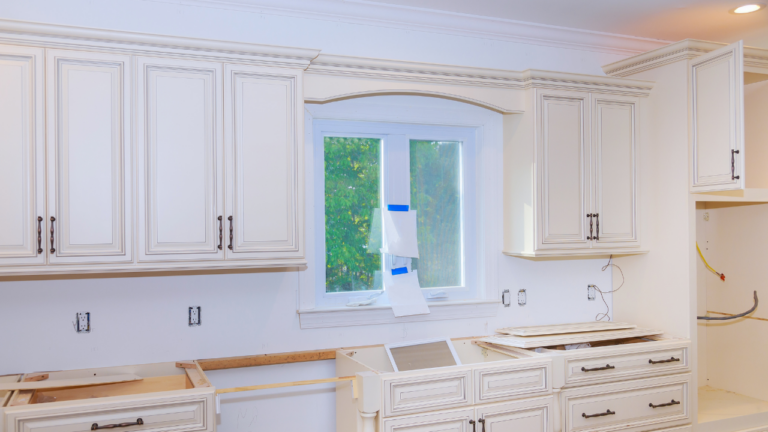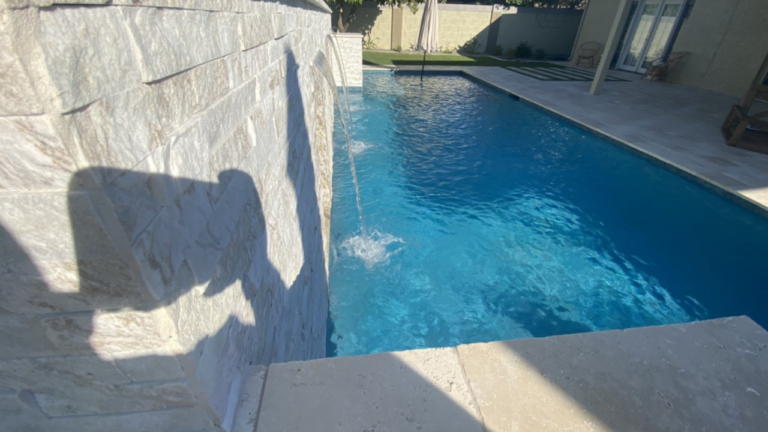The frequency of roof inspections and roof replacements for residential properties can vary based on several factors, including the type of roofing material, local climate, and overall maintenance. Here are some general guidelines:
Roof Inspections:
Annually: It’s a good practice to have a professional roof inspection performed annually. This helps identify any minor issues before they escalate into major problems. Additionally, after severe weather events like storms or heavy snowfall, an immediate inspection is advisable.
Roof Replacement:
Asphalt Shingles: Asphalt shingle roofs typically last around 20-25 years. However, this can vary depending on the quality of the shingles, installation, and climate conditions. Regular maintenance and prompt repairs can extend the lifespan of your roof.
Metal Roofs: Metal roofs can last 40-70 years or more, depending on the type of metal and the coating used. They generally require less maintenance than other materials.
Tile or Slate Roofs: These roofs can last 50-100 years or more with proper maintenance.
Wood Shingles/Shakes: Wood roofs can last around 20-40 years, but they require diligent maintenance to prevent rot and decay.
Synthetic Roofs: Synthetic roofing materials can have varying lifespans, but many are designed to be durable and long-lasting.
Flat Roofs: Flat roofs can last around 15-30 years. They may require more frequent inspections due to the potential for water pooling.
Factors Affecting Lifespan and Replacement:
Climate: Extreme weather conditions, such as heavy rain, snow, hail, and strong winds, can impact the lifespan of your roof.
Maintenance: Regular maintenance, including cleaning gutters, removing debris, and addressing minor repairs promptly, can significantly extend the life of your roof.
Ventilation: Proper attic ventilation helps regulate temperature and moisture levels, which can prevent premature deterioration of roofing materials.
Quality of Installation: A well-installed roof is likely to last longer than one with poor workmanship.
Material Quality: High-quality roofing materials tend to have longer lifespans.
Remember, these are general guidelines, and it’s important to consult with a professional roofing contractor to assess the specific needs of your roof. They can provide personalized recommendations based on your location, climate, roofing material, and overall condition of your roof. Regular inspections and proactive maintenance are key to ensuring the longevity of your residential roof.



